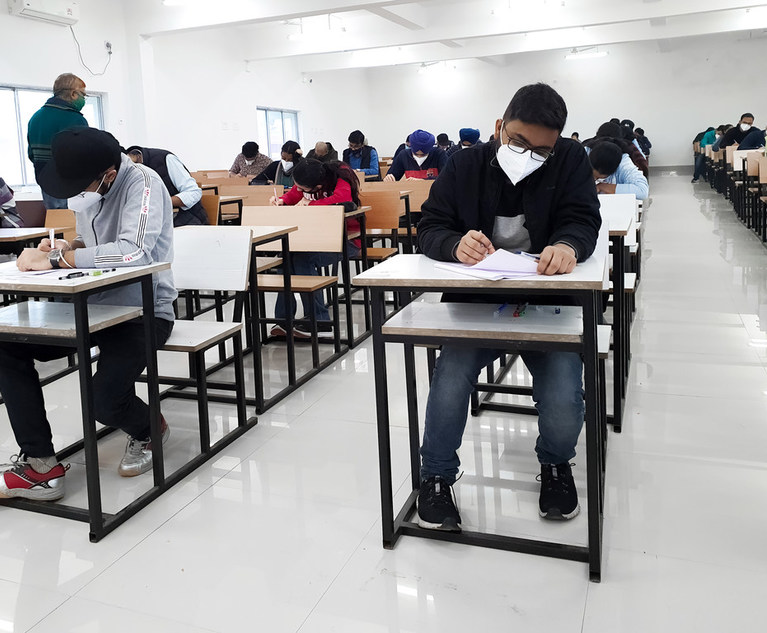Books, notes, cases, outlines—everything had to be hard copy. This is how many of us were taught in law school, to tangibly engage with our materials by highlighting and underlining holdings, key facts and rules. We lugged around heavy case books and used up our printing credits on thick class outlines. Finals were often a mix of bubble in scantrons and freshly printed essay questions. This was all in preparation for one of the most important tests of our lives—the bar exam. I viewed the in-person administration of the bar exam as the great equalizer—everyone in the same room at the same time, taking the same exam. On its face, this is a level playing field where everyone has one common goal—to pass.
So, when I learned that the majority of bar exams in the summer/fall of 2020 would be held remotely due to the COVID-19 pandemic, in some ways I felt that this would not be fair. What would people do if they did not have a quiet place to take this two-day exam and could not afford a hotel? What if some people had reliable Internet and others did not? How could test takers undo the system of learning law school had ingrained in so many of them and prepare for a remote bar exam? The more I thought about it, the more I realized that maybe this perceived level playing field was not so level after all.


 Credit: Arindam/Adobe Stock
Credit: Arindam/Adobe Stock




